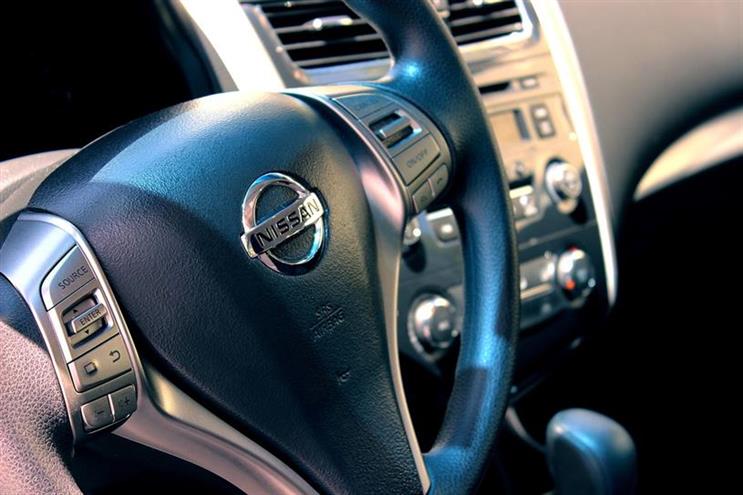Early next month the global automotive industry will convene for its annual Geneva "salon", at which leading brands will compete for attention as they unveil new models.
For generations, these launches have marked the beginning of rival sales campaigns that have focused, traditionally, on vehicle attributes such as speed, comfort, safety, performance and design. These campaigns are reinforced by ad-spending that analysts estimate is worth a total of $44bn a year by our industry.
But there will be something untraditional about the launches at this year’s Geneva show – competing campaigns about automation.
Our industry is polarising. On one side are the fundamentalists – those companies that believe in a "self-driving" future, turning motorists into passive passengers. In this camp are the likes of Waymo, the autonomous vehicle project owned by Alphabet, Google’s parent company. It hopes to remove the steering-wheel altogether from cars of the future.
Facing them are the pragmatists – manufacturers including Nissan – which champion evolving automated technologies that assist drivers rather than replace them. At Nissan, we don’t believe the purpose of this technology is to replace the human element of driving, but to make driving safer but still fun and exciting.
Car-buyers don’t have to equate automation with surrendering control. Rather, motorists want to be relieved of mundane tasks such as parking or concentrating on staying in lane. When it comes to selling and marketing cars, we are not an advocate of the "big bang" theory – a sudden jump to totally automated vehicles.
At Nissan, we don’t believe the purpose of this technology is to replace the human element of driving, but to make driving safer but still fun and exciting.
This does not signal any lack of ambition. Last year in Geneva, we announced our Nissan Intelligent Mobility vision for technologies that could deliver zero emissions and zero fatalities.
This vision aims to harness new technologies to increase safety, while also making mobility more efficient and exciting, and to provide seamless connectivity between cars and wireless communications networks.
When we launched our ProPilot technology for single lane autonomous drive in our Nissan Serena model in Japan 60% of customers chose this new system. We hope to replicate that when we introduce it into the Qashqai, a best-selling model in Europe, later this year.
This will be followed next year by technologies that will enable cars to avoid hazards and change lanes with no driver involvement.
What we’ve found is that customers are buying into this brave new world. That’s why we’re accelerating the deployment technologies that will use data analytics to enhance the servicing, maintenance and ownership experience of a car.
When all this is combined with zero emission electric vehicles and in-car connectivity, it represents a compelling proposition for those consumers who want evolutionary steps towards automation.
This is the new frontier for the auto industry. We believe the winners will be those companies that successfully develop incremental autonomous and connected car technologies, and which balance customer needs with the right price proposition. It is a delicate balancing act. And it’s one that Nissan aims to lead.
Daniele Schillaci is executive vice president, global sales and marketing, Nissan Motor Corporation


